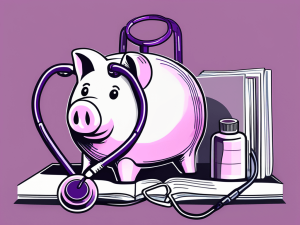Cancer and Social Life
Navigating the social complexities of a cancer journey is as crucial as the treatment itself. This insightful blog delves into the emotional and physical changes that can strain social interactions and intimacy, emphasizing the power of open communication and support from loved ones and professionals. It offers practical advice on maintaining friendships, confronting stigma, and












